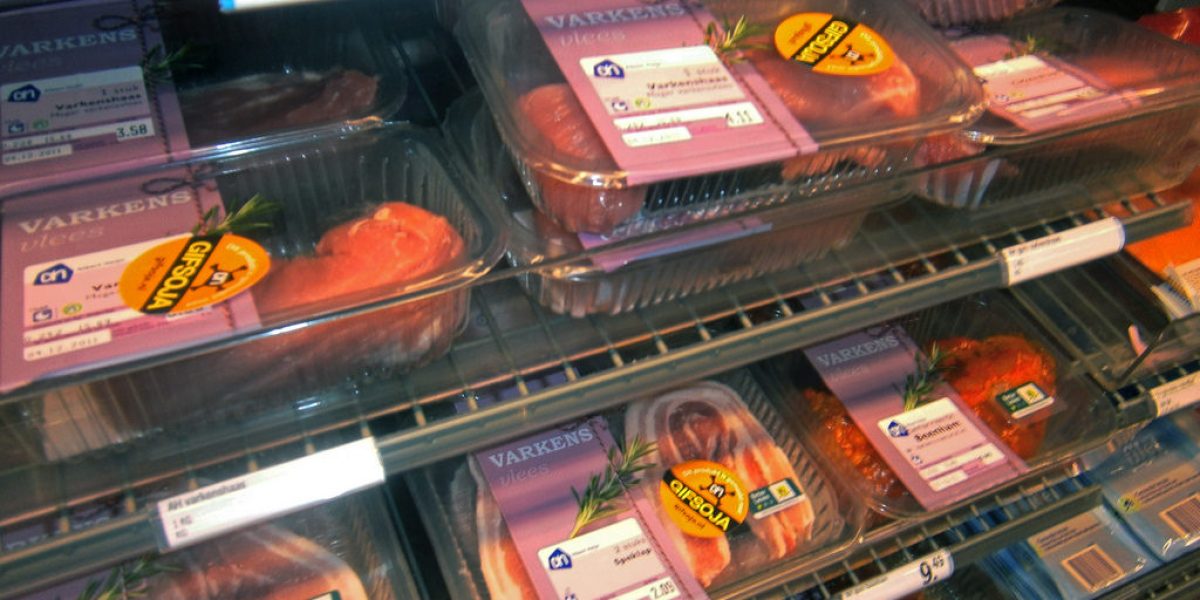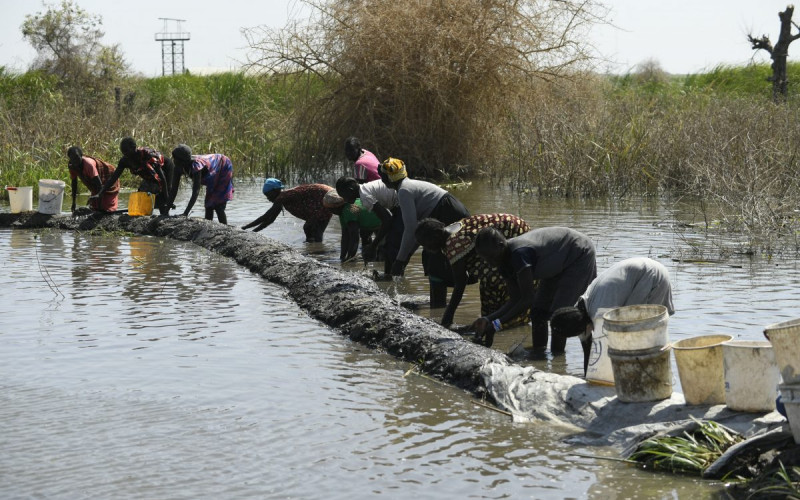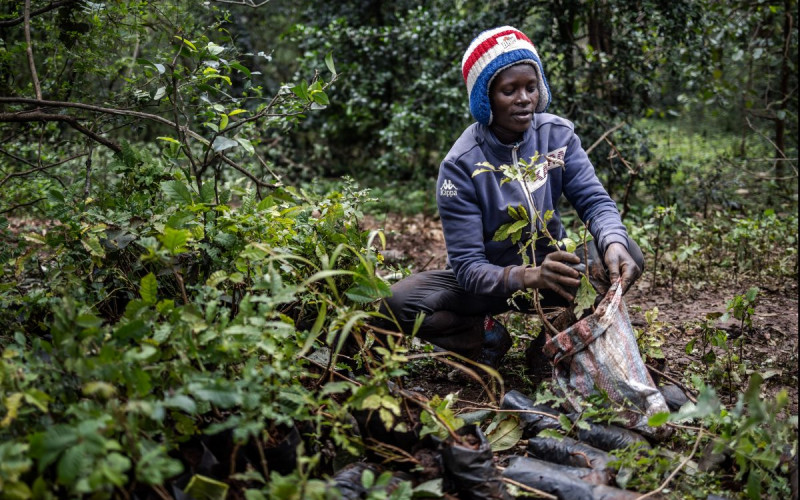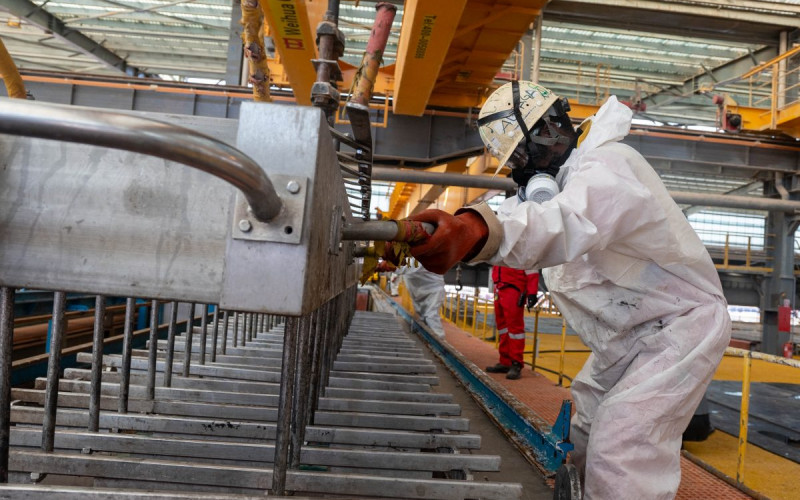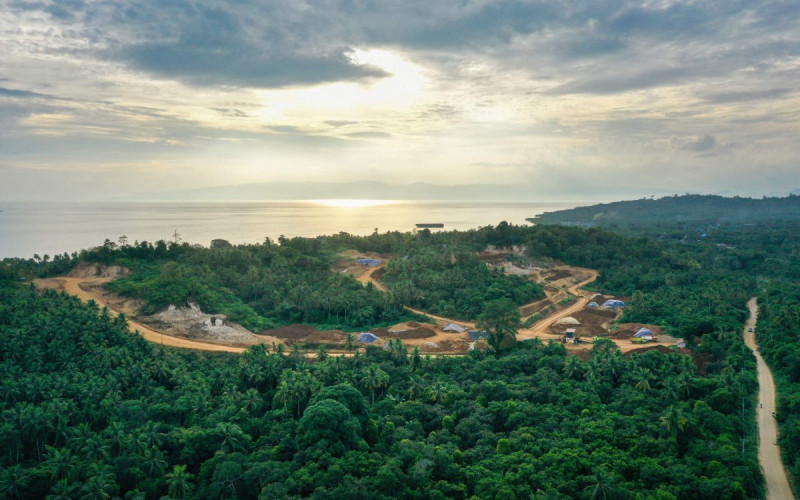Obsolete farming practices; outdated agricultural policies; bad governance; and adverse climatic changes are largely to blame for this sorry state of affairs. A cocktail of corrective measures are therefore urgently needed to address these challenges in a sustainable manner. Needless to say, part of the solution lies in adopting modern farming techniques particularly biotechnology; and creating a friendly trade and regulatory environment. With regards to the former, African countries have so far generally failed to take advantage of technological advances in industry and agriculture. Genetic modification (GM) for example, can be used to promote a desirable crop character or to suppress an undesirable one. The positive effects of this technology on agriculture include higher yields, reduced pesticide use, and enhanced product attributes.
However concerns over its largely unknown and often exaggerated potential risks to human health and the environment have led to strong opposition to GM technology. In the process objective, science-based, and pragmatic approaches to regulation have been neglected in favour of fear-inspired reactionary measures. In Southern Africa this problem is further compounded by the fear of losing markets in the EU where overly stringent GM regulations are promoted to satisfy alleged consumer concerns.
This raises the need for African countries to strengthen their own scientific and technological capacities and to be able to carry out objective assessments that minimise potential risks and maximise benefits. In this regard there is need for policy stances in these countries to be informed by domestic realities and dynamics more than undue external influences. It is imperative and necessary for Sub-Saharan African countries to emulate the regulatory approaches pursued by developing country vanguards like China, Argentina, Brazil, India, and their regional leader South Africa. These countries have realised the importance of being part of the biotechnology revolution and have invested in research and development; have commercialized GM crop production; and set up regulations that seek to promote the technology while minimising potential risks to the environment. China, for example, strategically refused to politicise the GM issue. Instead, it sought to find ways of utilising modern biotechnology in order to be able to feed its more than 1 billion citizens by establishing an enabling regulatory framework. This approach has paid huge dividends and China is now Asia’s hub of biotechnology and is only second to the US in terms of biotech research funding.
In light of the pressing humanitarian needs mentioned above, Africa cannot afford to be embroiled in politicised debates over GM technology. It is encouraging that some African regions are beginning to be more accommodating in their approach to GM. The Common Market for Eastern and Southern Africa (COMESA), Africa’s biggest trading block in terms of membership, recently announced its willingness to harness agricultural biotechnology in a bid to ease the food shortage crisis on the continent. This is clearly a positive step in the right direction. Indeed African positions in international negotiation forums like the Cartagena Protocol on Biosafety should be informed by such domestic imperatives and aspirations to achieve food security and self-sufficiency in future. Though the Protocol came into force in 2003, a number of contentious issues still remain unresolved and negotiations continue.
The main aim of the Cartagena Protocol is to establish legally binding international procedures for the safe handling, transfer and use of Living Modified Organisms like GM grain. But the level of regulatory overkill being pushed by most poor developing countries and the EU under the Protocol ostensibly to protect human, animal, and plant health from unknown hazards posed by GM technology is inimical to Africa’s present and future prospects as an exporter and importer of GM products and may be found to be in conflict with some WTO provisions.
Of particular note is the disturbing fact that African countries support overly stringent requirements for regulating and labelling GMOs despite their capacity constraints to effectively carry out requisite testing. Furthermore, most of the positions they have taken with regards to GMOs contrast with their stances in WTO negotiations. For example they have been in the forefront of rejecting the inclusion of environmental protection measures in the WTO as they feel these could be used as barriers to trade. Yet in the Cartagena protocol negotiations they support stringent environmental regulations.
However, the primary motivations for the Protocol are noble — the Protocol is aimed at protecting the environment — not at stopping trade in GMOs. Thus negotiators must ensure that the positions they take are necessary to protect the environment and are also least trade restrictive. Cognisance should also be taken of the fact that GMOs are increasingly being used in food relief efforts. So imposing strict rules for the importation of GMOs will mean that this food is not delivered on time to those who are in desperate need — thus jeopardising even more lives.
It is therefore evident that if African states are going to negotiate an international regime for regulation of GMOs under the Cartagena Protocol, they have to take positions which do not restrict trade in grains and which ensure that in cases where a country has a food deficit, it can easily and efficiently import food (GM or non-GM) from surplus countries and vice versa. Further, with current global emphasis on the use of biofuels, GM products like corn will be increasingly used to produce energy. Global food prices are likely to increase and fewer grains may be devoted to food aid or commercial exports to needy countries. Food self-sufficiency is therefore the way to go, and African countries should adopt and adapt biotechnology to their local conditions. In particular, the regulatory environment must be closely aligned with NEPAD’s Consolidated Action Plan on Science and Technology which stresses the need for Africa to use biotechnology to alleviate poverty and enhance economic development.
Finally, Africa must strive to use new technologies, both GM and non-GM, to meet its own food needs rather than to continue being an object of humanitarian food aid relief. As China’s example shows, if the proper regulatory and safety framework is in place, adopting new technologies would not expose the continent to ‘technological imperialism’ and dependence on Western multinationals.

